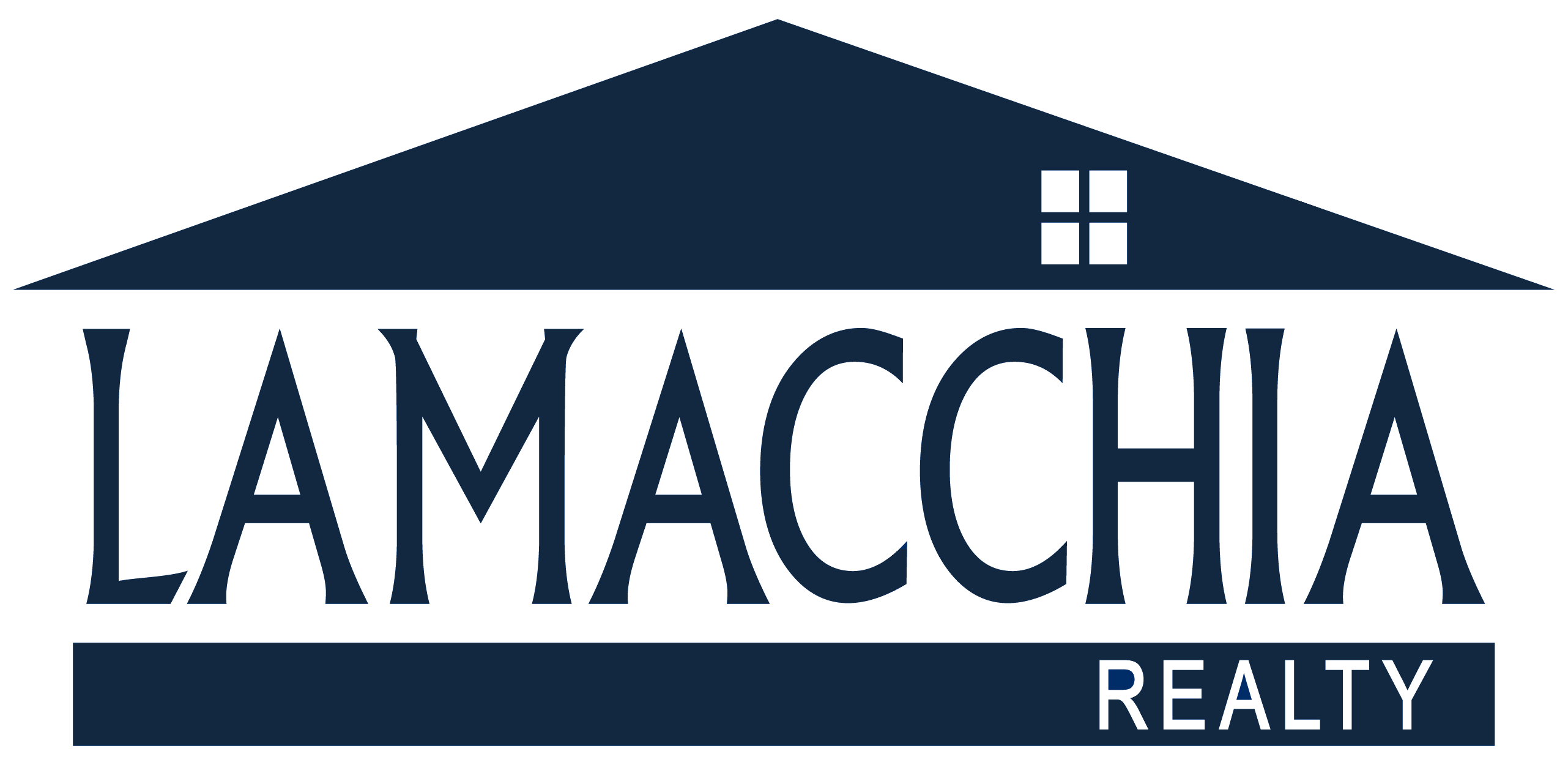
When selling a home, homeowners who do improvements such as building a new deck, adding a bathroom, or finishing a basement should make sure they get the proper permits for these projects. Even if you have hired a professional contractor, it is still your responsibility to make sure you have the required permits. Once the home improvement project is completed, you will need to schedule an inspection to verify that the project was satisfactorily completed according to building and safety codes and is approved by the local inspector.
The problem is, many homeowners don’t get permits for the improvements either because they didn’t know they needed one, or more often, they were trying to save money and red tape.
Permit fees vary by town and by the type of project. They are typically calculated using the estimated cost of the project. For instance, in Arlington, MA a new addition would be $20 per $1,000 of the estimated cost of construction up to $15,000,000, after which a rate of $5 per $1,000 of estimated construction cost would apply. In Waltham, a swimming pool is $12.00 per $1,000 cost of estimated construction for most dwellings and residential occupancies. In Fort Lauderdale, FL there is a base fee of $105 for a building permit and then a % fee based on the calculation of construction value. For example, building permits are 1.35% and electrical are 0.90% of the value. Check with your local building department to get the permit fees for your town or city.
When you weigh the costs, it’s clearly beneficial for you to spend the money and get the permits.
How Important are Permits When it Comes Time to Sell Your Home?
Keep in mind public records will show how many rooms or features the home had when you originally purchased it or when it was built. So home buyers, banks who lend to the buyers, inspectors, and appraisers will all likely find out that you have done renovations to the home. Renovations are usually welcomed by homebuyers but not having proper permits can sure make them unwelcome and cause concern.
While there are no definitive rules to whether permits will get checked, you should get them just to be safe, especially if you plan to sell your home within ten years.
One of the main reasons is that buyers often ask to see permits when renovations have been done to the home. They can go to the town hall to look at the permit record—sometimes called a “permit jacket” because the permits are in a folder—for the home. This is like a report card that shows everything that has been done to the home in the past.
Buyers many times won’t purchase a home that doesn’t have the proper permits because the renovation could pose a safety risk, or they may assume since you didn’t get permits the project wasn’t done correctly. If changes were done without proper permits and these aren’t disclosed in the seller’s statement, it can cause issues at closing. Another benefit is when the inspector looks at the project, it’s an advantage for you to have someone qualified to verify the project was done correctly.
Another reason is that certain lenders require appraisers to call for permits on improvements or additions over a certain dollar amount. So if you have done a major renovation and expect to recoup the cost when you sell, the lender may want to see permits. If they learn that remodeling work was done without obtaining permits, the loan could be denied and the deal could fall through.
Will The Appraiser Ask to See Permits?
An appraiser’s job is to accurately describe the property and, when appropriate, include how any completed home improvements affect the home’s value. If there’s a discrepancy in the public record compared to what the appraiser sees, there may be a chance the appraiser could question whether permits were obtained when work was done. For instance, if you add a new bathroom to your home that only had 1 bathroom originally, but you did not pull the proper permits, and then try to list your home as a 2 bathroom home, the appraiser will realize a bath was added and likely ask if permits were obtained.
Other red flags that may prompt the appraiser to call the permits into question could be a zoning discrepancy—such as an in-law apartment that wasn’t part of the home originally— or if there has been advanced electrical or plumbing work, or a major addition where the structure has been radically altered.
Permit Rules Vary by Town
Every town has different criteria whether permits are required for certain renovations. If your town’s building department finds out work was done without permits, they could fine you or even force you to undo whatever was done. It is best to check with your town to see what is required first.
Putting Your Home on the Market
If you have done substantial work and did obtain permits make sure to have them handy during your home sale because someone will likely ask for them. In addition, the seller’s statement of property condition asks about recent upgrades and if permits were obtained. As a seller, you want to be able to explain everything you did to better the home and be able to show that you did obtain all the proper permits.
You should get the proper permits even if you’re not thinking about selling your home because if there is an accident or fire, your home insurance may not cover the claim if the fire or accident can be traced to a non-permitted renovation or a home improvement that doesn’t meet the building code.
If you think you are saving money by not obtaining a permit think again!

